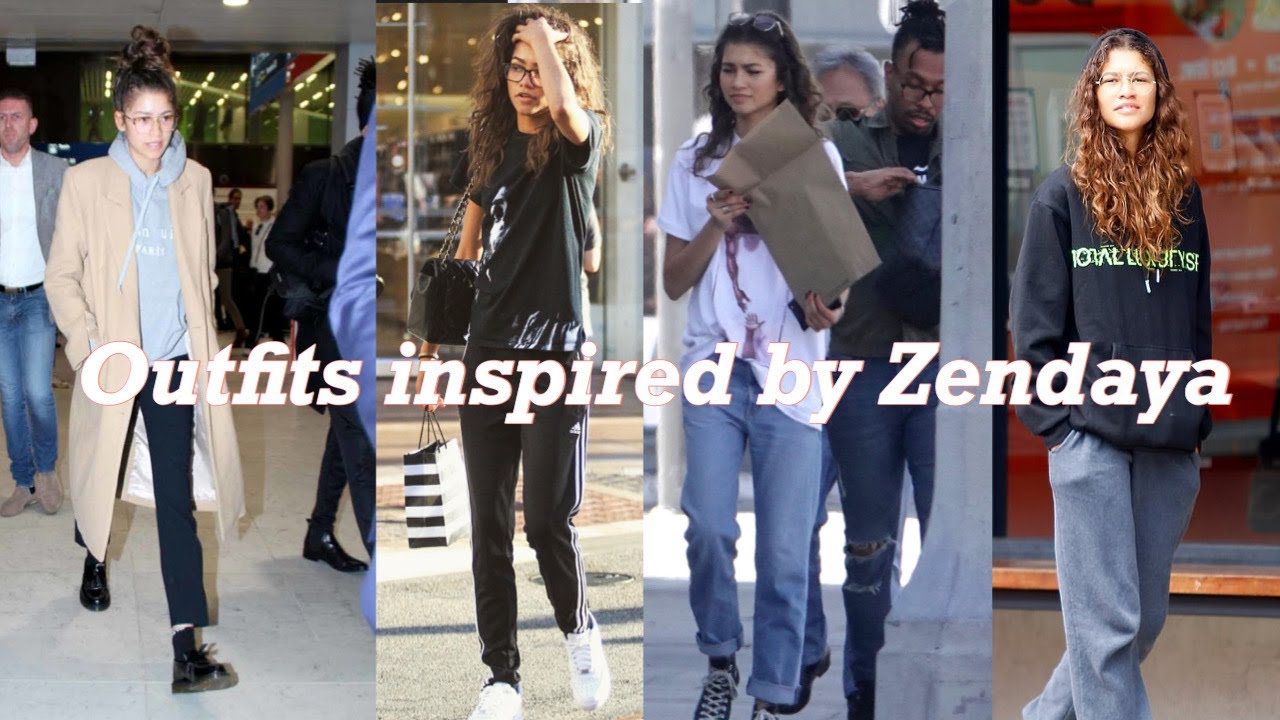
No matter what your preference is, mythology has a lot to offer. Many cultures and traditions are built on symbolic narratives. They are a guideline to help us understand the story of our lives. This article will discuss the various myths and their influence on us. You will also learn about the origins fairy tales. All tales have definite purposes.
Symbolic narratives
The symbols and episodes of myths are further divided into motifs, personae, and stages. These elements are analyzed through their relationship to other parts of the whole religious system, including kinship, political, and economic systems. It is important to understand mythology within its cultural context. This article explores the role of myths as cultural studies tools in contemporary culture. This article presents examples of how myths have been used in everyday life in various cultures.
Symbolic narratives can be used to express rites, when initiates must cross the borders of their former status to become a queen or king. Although these rituals require great discipline, myths help to validate them and give them a symbolic meaning. This does not explain why man might express his emotions directly symbolically. It is possible for us to conclude that myths reflect our emotions and that they are based in biological and social reprehended urges.

Supernatural beings
Some cultures believe that supernatural beings exist. These creatures are often unable to explain their abilities. Some of these creatures are very similar to spiritual beings mentioned in religious traditions. The following are examples mythological creatures possessing supernatural powers. This article will explain some of the most popular examples. We'll be looking at some of the most popular mythological creatures. These mythological creatures have the potential to bring good or bad luck to the human race. Continue reading for more information about mythological creatures.
The term supernatural describes immaterial entities and phenomena that exist outside the realm of physical reality. It also includes claimed human abilities. The term refers specifically to non-physical entities. Some definitions draw on the ideas of God and other divinities. Others see the supernatural as an entirely separate category from nature. The supernatural concept is fascinating, regardless of what definition it may be.
Fairy tales
A fairy tale can be described as a story with mythical entities or enchantments. Fairy tales are a type of folklore and constitute part of preliterate societies' literature. It may be a legend depending on the age of the story, but fables are more likely. Both of these stories contain mythological components, but legends are generally true.
Fairy tales, while they are generally considered mythological, share many similarities with other stories. The happy ending is often associated with fairy tales, which express hopes. They tell stories from a magical world, where heroes and villains encounter dangers and meet other people. They are often used as inspiration for contemporary literature.

Stories of the etiological kind
Why stories, also called origin stories, tell why something is the same. These stories are common in legends and folklore. Many people enjoy hearing the origin stories of their favorite pets and products. But, are these stories true? These are some of the most common why stories. Let's discover! Here are five examples. Let's examine some of the most beloved ones. Let's begin with a simple example.
The "Age of Whys," a time when children feel a natural, existential urge to learn is called the "Age of Whys". These stories will help children to understand how the world was created. They also encourage children's curiosity and help them to observe the world around them. They encourage them to become lifelong learners, which in turn will shape their perspectives on life. Even though children may not know all the science behind a story's creation, they can still appreciate the entertainment that stories bring.
FAQ
What are some examples pop culture trends for 2020?
The music industry is changing quickly. This year saw artists like Travis Scott, Post Malone, Billie Eilish and Billie Eilish reach number one on Billboard’s Hot 100 Chart. This was an incredible feat for any artist.
The same holds true for streaming services. Spotify reported that they streamed over 10 billion hours of audio content last year alone. It's 5x more than the content users were listening to five years ago.
This has led to a massive shift in how people consume media. Now, more people consume content than create it.
All age groups have easy access to high-quality audio content. Anyone can now record, edit, remix, and publish their music.
To play your favorite song you don't have a degree in classical music theory. You can simply download an app, add your voice, and upload them to YouTube.
You don't have to be a musician, but you can watch others make it. You can find videos on many channels of songs, including parodies and covers.
What can pop-culture teach us?
Modern society places more emphasis on material possessions than other things. This is especially true of young people. They spend hours per day looking at screens. They look at screens and watch videos, as well as play video games and surf the Internet. They are distracted from their schoolwork by all of these distractions. This causes them to fail classes.
It is a world where everyone wants in. That means being popular. Popularity is dependent on having money, clothes, or other possessions. This makes it easy for some people to do wrong.
We have become dependent on technology. We have all the information we need thanks to technology. Not everything is accurate. False rumors are all over the Internet. These rumors spread quickly as people share them via social media. It's easy and quick to post something without verifying whether it is true.
People are losing their ability to think critically. They believe everything they read on the Internet. They believe what they read in magazines or on TV. They stop thinking for them selves. Instead, they follow the flow of others.
Relying on others for information can cause us to lose control of our lives. Pop culture teaches you to depend on others. It also makes us lazy. It's true that there is truth out there but we don’t always find it.
Who first coined the term Pop Music
Frank Zappa invents the term pop music. He used the word pop music to describe his style of music.
He said that he wanted music to appeal to everyone. This is why he called the music "pop music".
Zappa also invents the phrase "You'll know it's pop when ..."". It means that something is extremely popular if you have many people enjoying it. Michael Jackson's Thriller album, for example, is one of his most popular albums.
Zappa's definitions for pop music are quite different from the current. Pop music encompasses all types of music. However, back then only certain music was considered popular.
What examples of pop culture are there in 2021?
The 11th of September 2001 saw the destruction of two airplanes that were hijacked and crashed into New York City's Twin Towers. 9/11 would be the name of this day.
The events of this day have impacted popular culture and continue to do so today. It is easy to see how this event has impacted our lives in many different ways.
Television shows and movies such 24 are examples. United 93 tells the story behind what happened on the flight to Los Angeles from Boston on September 11. You can also find books such as The Forever War, by Dexter Filkins.
All of us can recall where we were at the time that we heard about the attacks. Some people got out and ran outside while others stayed in bed or read newspapers.
Pop culture is constantly evolving. It is both a reflection of society, and it can also be a source for inspiration. How will pop culture evolve in the coming year? We don't know yet. All we know is that it will be different than it was before.
How did pop music come into being?
It was an accident. It was an accident. Someone accidentally knocked the piano over as they were playing around on New Years Eve in 1920.
The recording company loved the music and decided to make it a single.
This was the first ever single to become a hit.
Since then, pop music has become the most popular form of musical entertainment today.
What are some of the positive aspects of pop music?
Pop culture has some positive aspects. For instance, it gives people something to talk about. Also, it helps people express their creativity. Pop culture can be used to promote artists' work.
Pop culture brings people closer together, which I believe is the best part. Everyone wants the same show. Everyone loves the same music. Everyone likes the same movies. Pop culture allows people to connect.
Problem is, not all pop culture has the same health benefits. Some films glorify violence, for example. Some television programs make fun of people who have mental disabilities. Some bands even encourage their fans to use drugs.
What should we do about the negative aspects pop culture?
We should try not to allow pop culture to influence us. It should not influence us. It can pose a threat to our health. It can even lead to criminal activity. It can even cause problems in our relationships.
Pop culture can also be a source of help or harm to society. Is it promoting good values? Are people being influenced to do bad things?
Lastly, let's ask ourselves if we are content with the world we live. Do we enjoy the music that we listen to? What TV shows do you watch? The clothes we wear?
If we are concerned about our future, it is essential that we take responsibility and be accountable for our actions. The first step is to decide the type of world we want. Then, we can choose which type of pop culture to follow.
What are the best examples of pop-culture today?
Pop Culture refers to the art form of 21st century. It encompasses all forms of popular entertainment, from music, film, TV, video games, fashion, advertising, comics, etc. In his 1985 book, Amusing Ourselves Too Death (1985), Neil Postman first coined this term. He defined "pop" as a style of mass communication that uses cheap tricks and formulaic devices to create an illusion of spontaneity and uniqueness.
He noted, however, that many people do not feel true enjoyment due to their conditioned desire to find media experiences that make others feel superior. He claimed that young adults have lost their ability to think critically due to this type of cultural expression.
Pop culture can also be referred to by the terms popular culture or consumerism.
Statistics
- For example, the term hater meaning someone who strongly undermines or criticizes others, often due to pathetic jealousy, likely emerged from hip hop culture, such as the term playa hateras, used by influential rapper Biggie Smalls as early as 1995. (simplicable.com)
- Latinos represent roughly 19% of the U.S. population. (npr.org)
- Recently, the market share across Western Europe has ranged from 60-75% (Hopewell, 2013). (socialsci.libretexts.org)
- According to CNBC.com, “more than 70% of the film's revenue came from countries outside the US” (https://www.cnbc.com/2019/01/08/aqua...nal-sales.html, ret. 8/18/19). (socialsci.libretexts.org)
- In 1987, US films captured 56% of the European film market. (socialsci.libretexts.org)
External Links
How To
Which companies have used pop culture in their marketing strategies?
Many companies have used popular culture to market their products and services in recent years. Here are a few examples:
-
McDonald's – The McDonald's Superbowl 2014 campaign featured clips from movies like "The Big Short" and "Inside Out". Another ad was called "I love it", which featured images featuring people dancing and eating to Drake's music.
-
Nike – In 2013, Nike launched a commercial featuring Kevin Durant (basketball player). He says that he was inspired and motivated by the movie Space Jam to get his shoes on and play basketball.
-
Coca-Cola - In the summer 2015 Coca-Cola launched a series called "America's Choice Awards" that featured a series ads. These ads were based on various categories such as Best Movie and Best TV Show. Each category had its 30-second advert at a fictional awards ceremony.
-
Google - Google announced in November 2015 that it would be sponsoring the Super Bowl for the first time since 2010. This included launching a website called google.com/superbowl, allowing users to watch highlights from previous games. Google would allow users to vote for their favorite team and display the results along with the current scores.